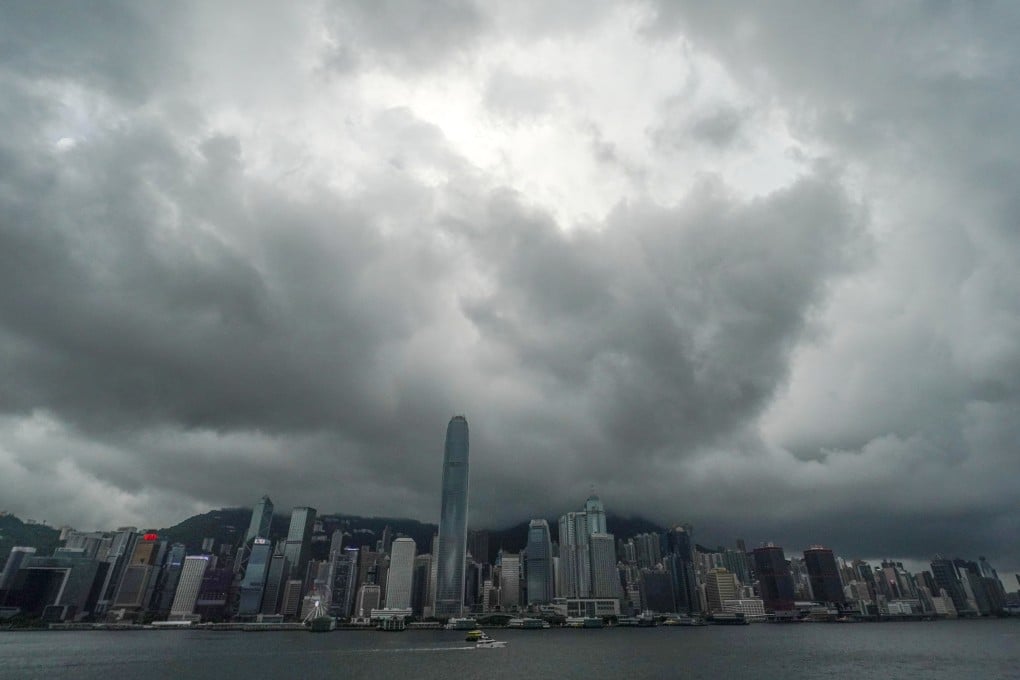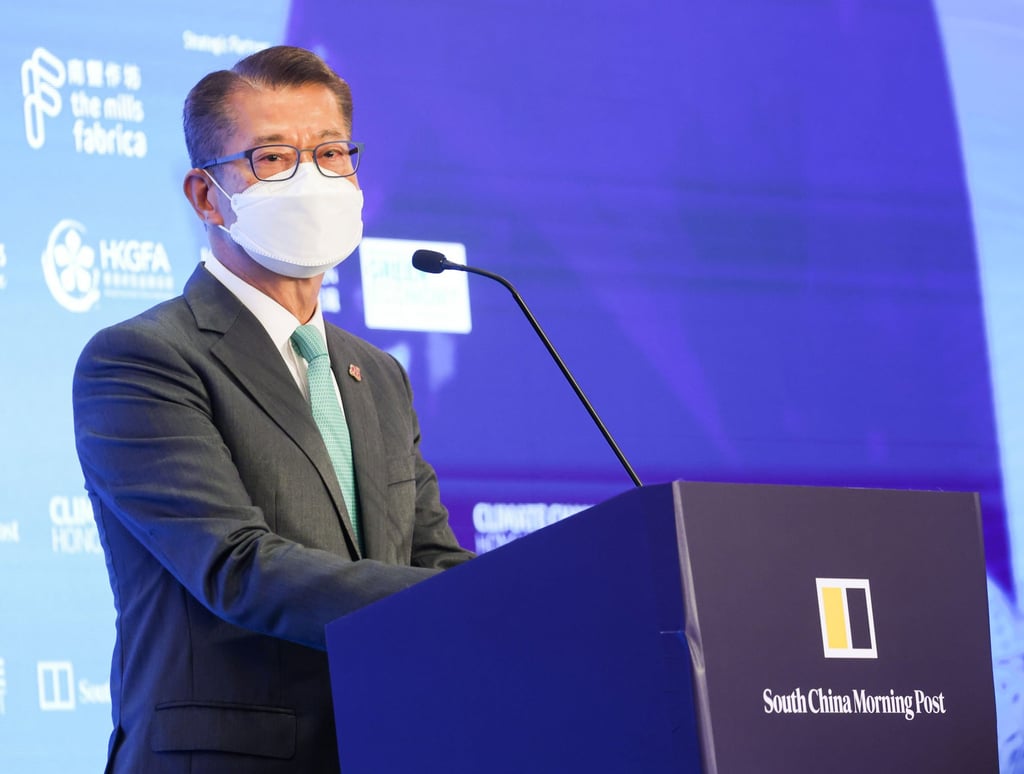Advertisement
Hong Kong braces for capital outflow after 75-basis point base rate increase in lockstep with US Fed
- Hong Kong’s financial secretary and de facto central banker both said the city’s banking system has enough liquidity even if they brace for capital outflows
- The city’s commercial banks are keeping their prime rates unchanged for now, with HSBC, Standard Chartered and Bank of China (HK) holding their rates steady
Reading Time:4 minutes
Why you can trust SCMP
12

The Hong Kong Monetary Authority (HKMA) increased the city’s cost of money in lockstep with the Federal Reserve’s biggest one-time increase in 28 years, taking a step to follow global central banks in tamping down on inflationary pressure.
The increase, effective immediately, raised Hong Kong’s base rate by 75 basis points to 2 per cent, the city’s de facto central bank said in a statement. The move returned the benchmark to March 2020’s level, when the Covid-19 pandemic forced central banks into drastic rate cuts to pre-empt a global recession.
“The global financial markets will [be subject to] high volatilities amid the interest rate rise and high inflation pressure,” Hong Kong’s Financial Secretary Paul Chan Mo-po said at the sidelines of South China Morning Post’s Climate Change Hong Kong Summit on Thursday after the rate hike. “Hong Kong’s exports will also be affected as a result.”
Advertisement
Chan said the US rate rise will lead to more capital outflow even as the HKMA intervened again on Thursday to defend the local currency. The city’s banking sector “remains resilient,” he said, adding that the HK$280 billion of liquidity in the system would be “more than enough to defend the stability of the local financial system.”

The US Fed raised its key rate to a range of 1.5 per cent to 1.75 per cent, from an initial range of 0.75 per cent to 1 per cent. The move reflects the US central bank’s urgency to rein in inflation, which accelerated at a four-decade high pace of 8.6 per cent in May.
Advertisement
Advertisement
Select Voice
Choose your listening speed
Get through articles 2x faster
1.25x
250 WPM
Slow
Average
Fast
1.25x